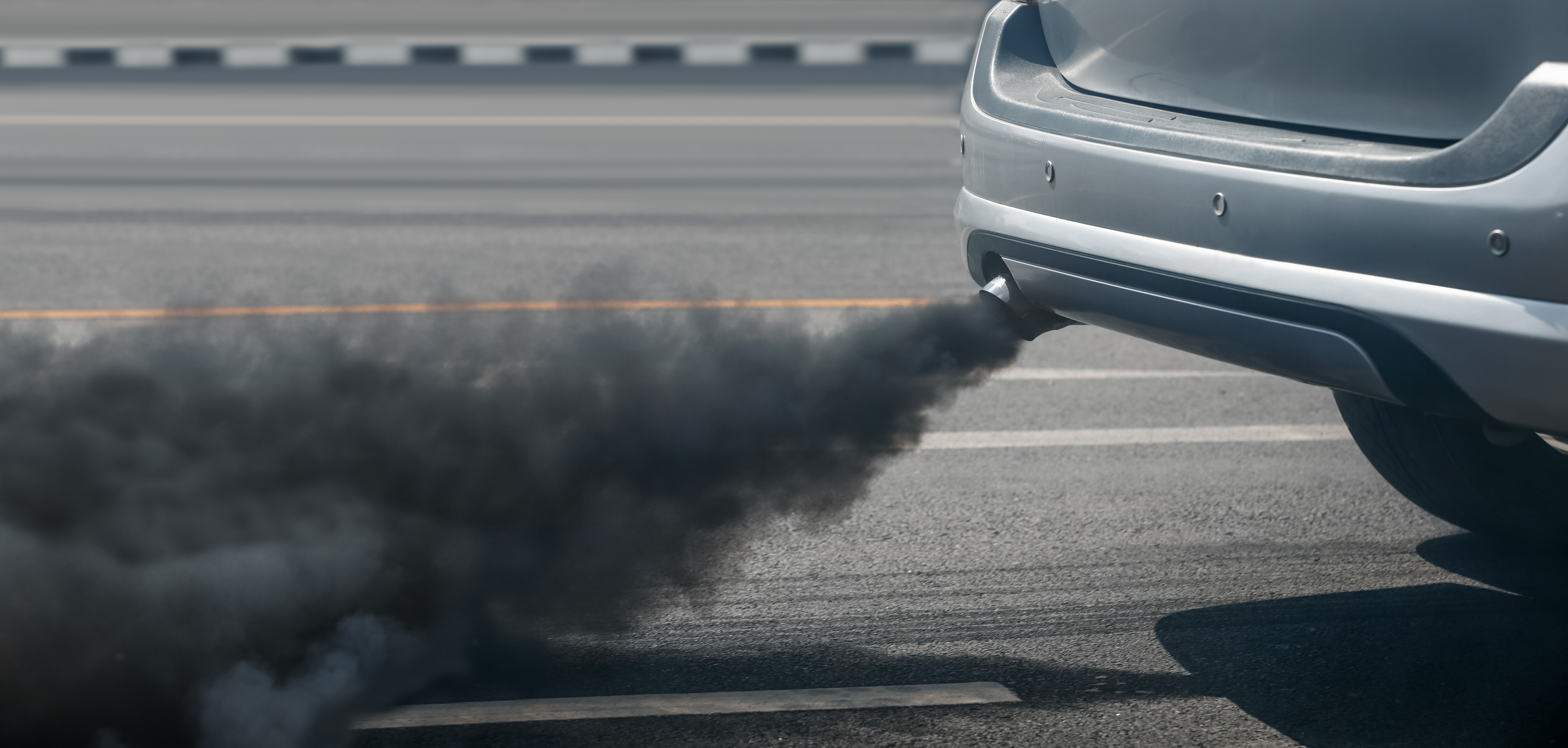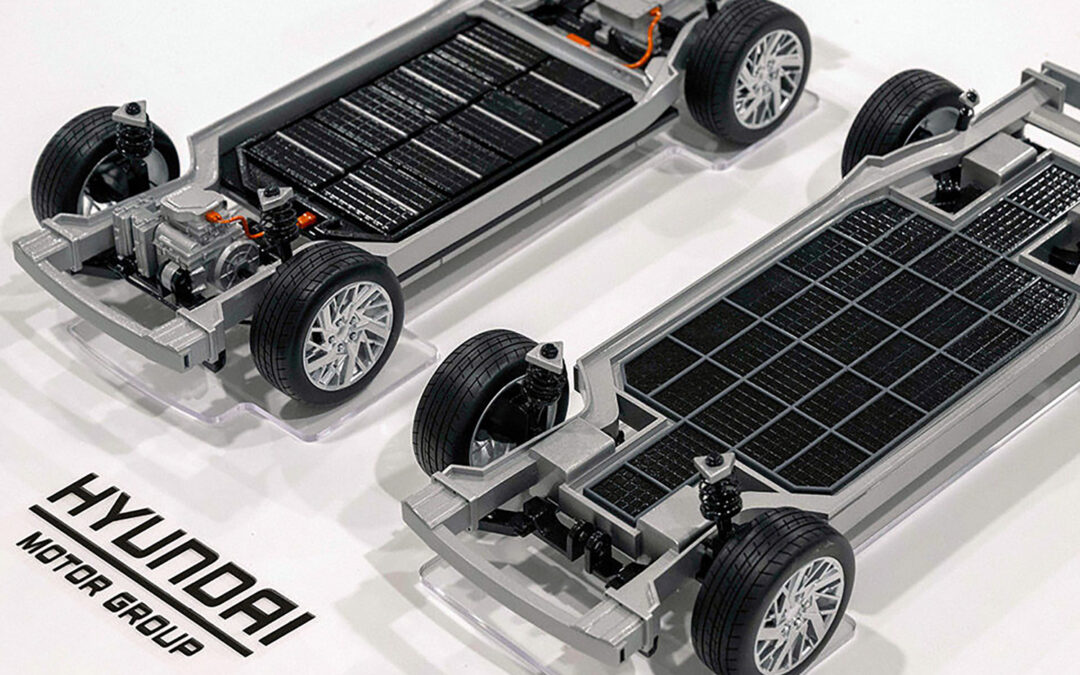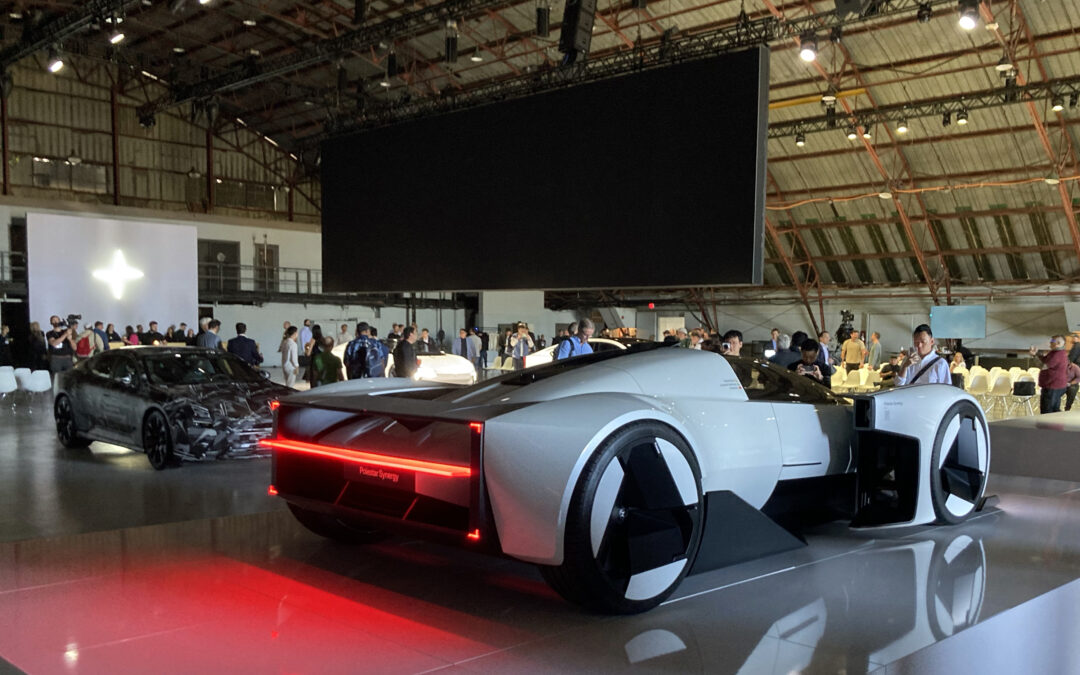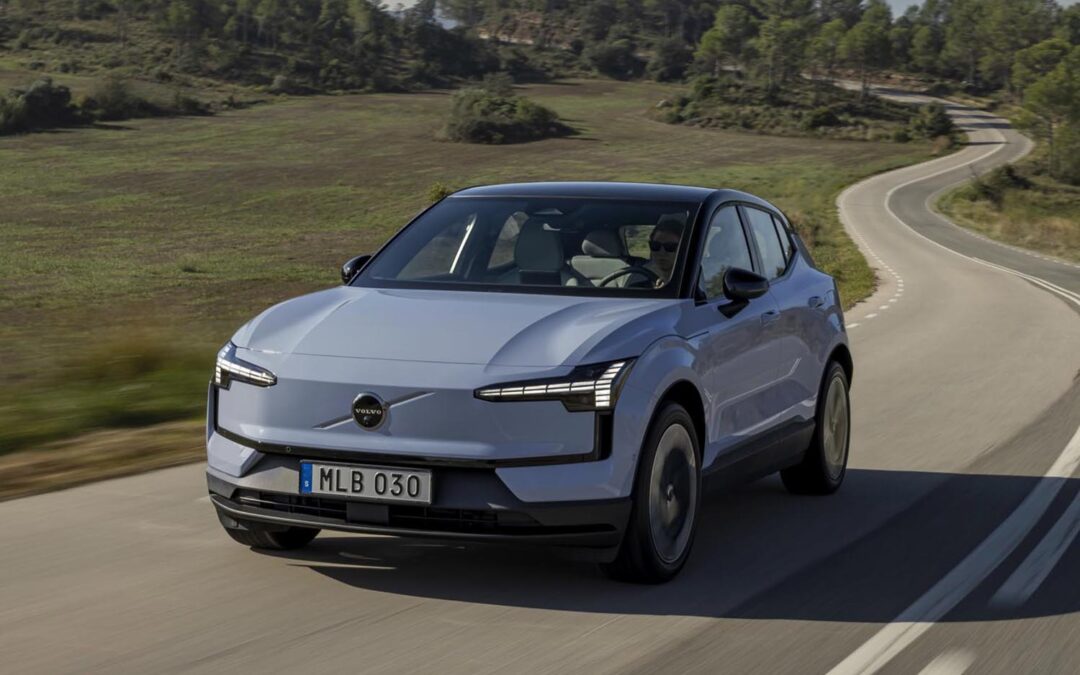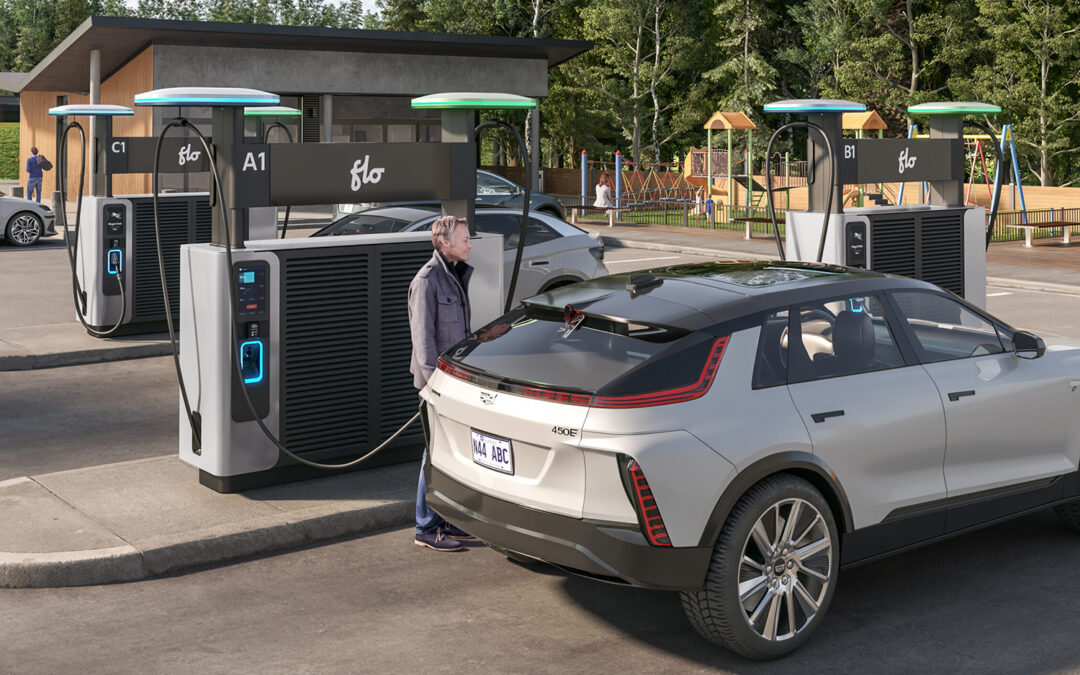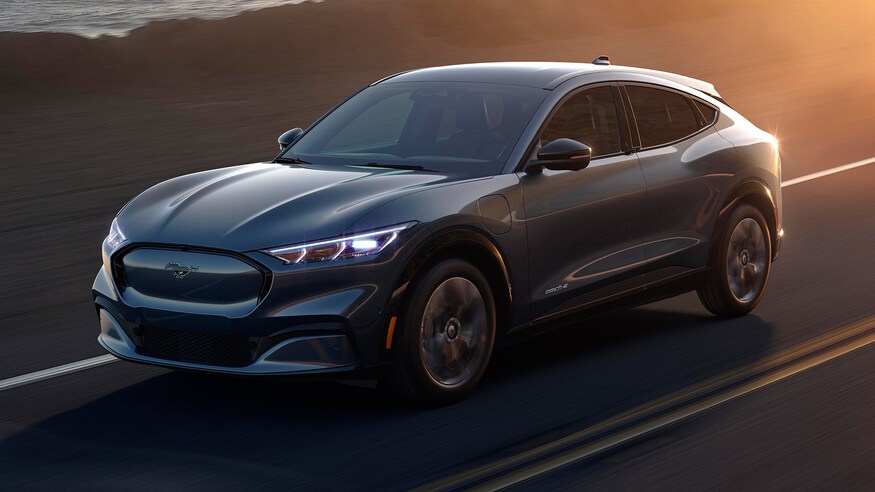It’s official — the National Highway Traffic Safety Administration (NHSTA) has ruled that “heightened fines on automakers that fail to meet Corporate Average Fuel Economy (CAFE) requirements on 2019 and later vehicles” will be reinstated. Understandably, this is a win for the EV sector, while legacy automakers that resist the transition to electric may pay a steep price.
Any automakers who manage to stay within the limits will be elligible for “credits” that can be sold to other automakers who would otherwise be penalized for not meeting CAFE requirements.The NHTSA estimates that these fines are “likely to exceed $100 million [all figures in US dollars] in at least one of the years affected” which, according to their estimates, may result in an increase of approximately $178.5 million in fines for model year 2019 alone.
Read more: Canada’s best-selling PHEVs in 2021
The most recent federal efficiency standards, finalized by the NHTSA and the Environmental Protection Agency (EPA) in 2012, increased fuel economy fleet averages to the equivalent of 54.5 mpg for cars and light-duty trucks by model year 2025. In 2016, President Obama adopted a policy that increased fines for missing average fuel economy targets from $5.50 to $14 per .1 mpg per vehicle. This policy applied to 2019 and later model year cars.
The policy was highly debated, and was soon challenged by the Alliance of Automobile Manufacturers and the Association of Global Automakers. At the time, they estimated that the rule would cost the industry $1 billion annually; however, these claims were met with criticism, as fossil fuel pollution is predicted to cost the US $650 billion annually, according to the International Monetary Fund (IMF).
On January 14, 2021, the policy was eventually rolled back in an interim decision issued without opportunity for public comment, but has since been challenged and re-evaluated as a result of President Biden’s January 20th executive order.
Read more: Driving EVs changes you. Here’s how
Earlier this week, the official ruling was released, and it represents a devastating blow to high-polluting automakers. “NHTSA is withdrawing the interim final rule and reverting to the December 2016 final rule that would apply the adjustment for the CAFE civil penalty rate beginning with Model Year 2019. In this rule, NHTSA is also applying the statutorily required annual adjustments through 2022. Going forward, NHTSA will continue to make the mandatory adjustments to the CAFE civil penalty rate, as required by law for all civil monetary penalties,” the document reads.
The final rule takes effect 60 days after its publication in the federal register, and any automaker that continues to neglect fuel efficiency will likely pay these penalties well into the future.
